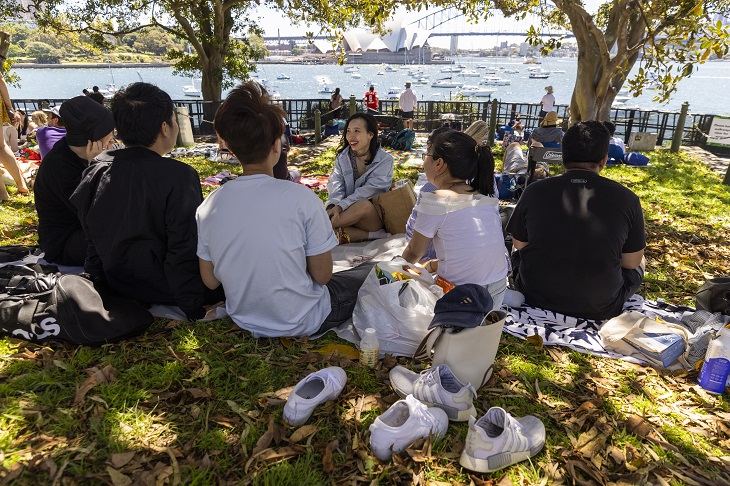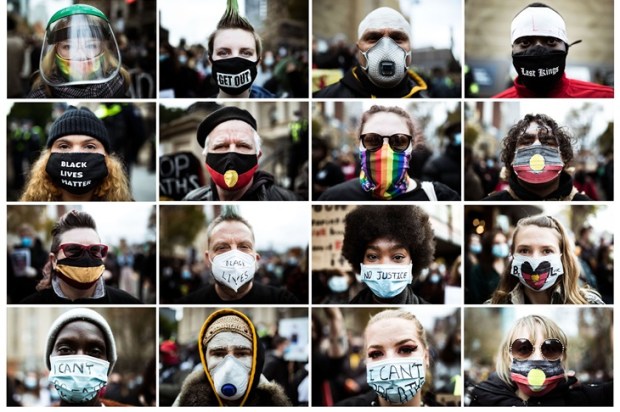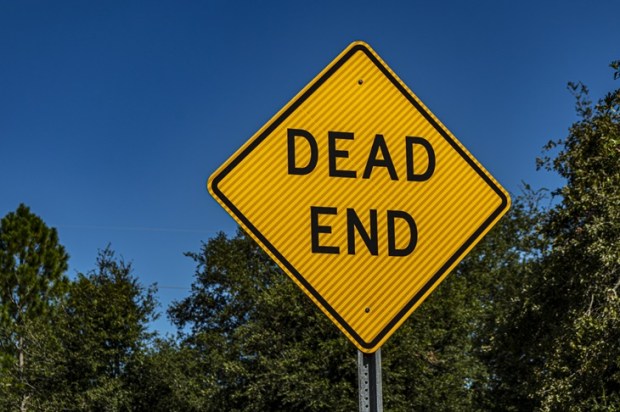There is an odd condition known as Prosopagnosia – a cognitive disorder where the ability to recognise familiar faces is impaired.
I could easily believe that something was placed in Sydney’s water to precipitate the condition en masse amongst the vast majority of the city’s population, with a particular concentration in Sydney’s east.
We walk past people we’ve seen living in our area for years without even a nod of recognition and it’s shameful.
According to a survey in the latest Time Out Index, out of the 53 world cities it compared, Sydney came in as the third-worst on the planet for making new friends.
The same survey in recent years has rated Sydney the 10th worst city in the world, and Australia’s 16th friendliest city. If you’re a resident you’ll know we were lucky to get that.
Yes, the Parisians can be a shirty mob, but say what you will, they’re big on manners.
In fact, they’ll school you if you don’t begin a conversation with ‘bonjour’.
The simple act of saying hello is entrenched in the culture, and it makes all the difference.
Here, the opposite is true.
This is symptomatic of a wider problem in Sydney, where people are constantly trying to outdo each other, to outcool each other.
We’re forever trying to look more busy, important, successful, and popular than the next person.
This has translated to an aloofness worn with pride, where arrogance is something to aspire to, where coldness is akin to success, as if diaries are too jam-packed to possibly squeeze in another social interaction.
But here is a truth I want Sydneysiders to stomach.
If you’re actually successful, wealthy, popular, and loved, what you’re more likely to be is … happy.
And when you’re happy you’ve got nothing to prove. You’re self-assured. You don’t feel the need for one-up-manship, so ironically, you’re far more likely to smile and say hello to a stranger.
Try it. When you do you’ll be surprised at the results.
You encounter a strange reaction: one of relief, followed by delight, then gratitude.
And this is the point: we’re not saying hello not because we’re arses, but because it’s become the norm.
As proof I forward a phenomenon that may exist elsewhere but is Sydney-entrenched: we’ll all make eye contact, but we won’t be the first to say hello.
Elsewhere this would be taken as an act of aggression, but here it’s actually one of want – a sad scenario where both people want to say hello, but neither wants to drop their emotional defensive wall first.
The most common greeting in the Zulu tribe is ‘Sawubona’, hijacked in the film ‘Avatar’. It literally means, ‘I see you, you are important to me and I value you’. It’s a way to make the other person visible and a form of acceptance. In fact, eye contact is expected.
In Zulu culture, the simple act of eye contact is the greeting. Sadly, here it is not the case.
A 2018 AARP Foundation study on happiness found that, amongst categories such as good health, that someone who is friendly with their neighbours was far more likely to be a happy person.
The study found that getting to know your neighbours can help reduce feelings of loneliness, and being a neighbour who engages socially with the people in your hood is linked to increased satisfaction.
While age and urbanicity are factors of loneliness, 61 per cent of adults aged 45 and older who have never spoken to a neighbour are lonely, compared with 33 per cent of those who have spoken to a neighbour.
So the key to happiness might not be right next door, but saying hello will certainly help your state of mind.
I’ve now committed myself to saying hello to familiar faces in my suburb, and no longer suffering from the self-inflicted Prosopagnosia I’ve endured for years.
Try it Sydney. It’ll make your day.
Got something to add? Join the discussion and comment below.
Get 10 issues for just $10
Subscribe to The Spectator Australia today for the next 10 magazine issues, plus full online access, for just $10.


























Comments
Don't miss out
Join the conversation with other Spectator Australia readers. Subscribe to leave a comment.
SUBSCRIBEAlready a subscriber? Log in